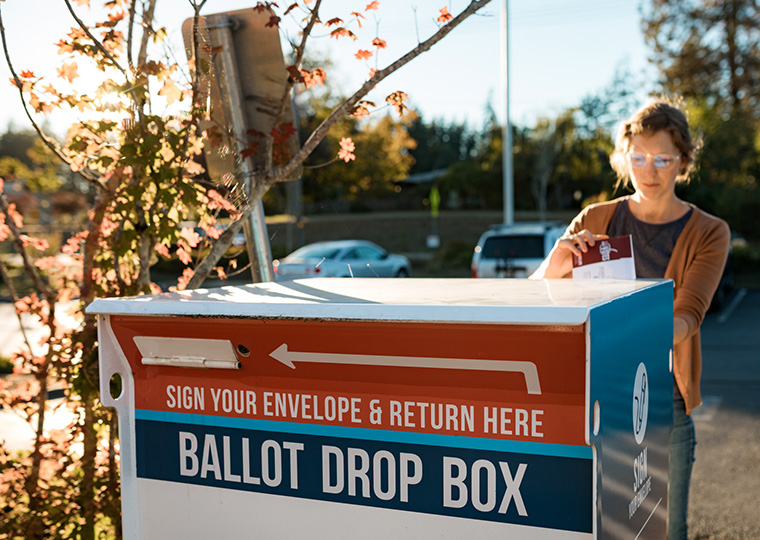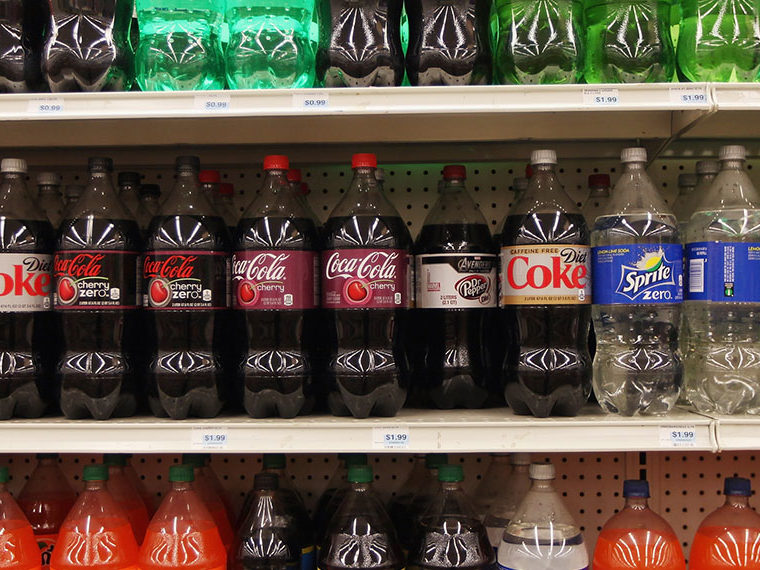Should tax-collecting agencies keep audit activity secret to discourage cheating?
Transgressive behavior is complex. It entails the calculation of how likely one is to be caught, how severe a penalty one might receive and, in many instances, elements of shame — or of pride — in having broken the rules.
Governments the world over — while trying to fund schools and health care and armies — are collecting taxes largely on the honor system. This would seem to provide researchers a rich natural experiment in human risk calculation. It’s not easy to study, however, as tax-collecting agencies are generally bound by confidentiality rules.
Uruguay, however, was willing to let a group of researchers contact taxpayers with a survey concerning tax audits. The country is also economically stable and a good microcosm for business elsewhere.
Opt In to the Review Monthly Email Update.
So, that first question of rule breaking (Will I get caught?) would seem essential to anyone rationally mulling cheating on taxes. In Uruguay, at least, companies don’t have the foggiest idea, according to a paper published in AEA Papers and Proceedings by Marcelo Bérgolo and Rodrigo Ceni of IECON-UDELAR, Guillermo Cruces of CEDLAS-UNLP and UCLA Anderson’s Matias Giaccobasso, a Ph.D. student, and Ricardo Perez-Truglia.
The researchers emailed survey invitations to 6,181 firms, a subset of those registered with the Uruguayan federal tax agency. Of those, 3,628 companies responded, averaging five employees and 14 years in business. The tax agency requested that respondents be allowed to skip questions, so not every participant answered every question. Across all questions, the average share of missing responses was 52 percent.
The survey asked each respondent for a percentage probability that their company would be audited in the next three years, and for an estimate of the penalty they’d expect to pay if an audit found tax evasion. On average, the firms predicted an audit probability of 39.5 percent. That’s five times the actual audit activity (7.98 percent) for the 3,628 responding firms over the previous three years.
Respondents in Uruguay were more accurate when predicting penalty rates (on top of taxes owed), estimating 31.37 percent when in reality it was 31.91 percent for firms found to have evaded taxes in the previous three years.
For U.S. firms considering chiseling the government on taxes owed, the likelihood of being audited is easily discovered: 0.9 percent of business returns were audited for fiscal year 2018. The IRS helpfully breaks down audit activity by size of company, as well. And more detailed information has been assembled by news organizations.
In an earlier paper, the authors found that firms tended to pay more in taxes after the Uruguay taxing authority contacted them with audit messages ranging in tone from non-threatening to mildly threatening. Firms were sufficiently spooked.
Why do firms overestimate the chances of an audit? A couple of possible explanations looked promising to the researchers:
- Was it possible that estimates of the likelihood of an audit were more accurate coming from company respondents with more relevant experience (i.e., accountants) than from those who had no access to or interest in that kind of information?
- Were some firms uninformed about audit probabilities simply because it wouldn’t even occur to them to not pay their taxes?
The authors did find minor differences between accountants and non-accountants (as self-identified in the survey), and between companies with what the authors termed high tax morale and low tax morale (as measured through a 1-to-5 scale assessing the justifiability of tax evasion). But they found nothing significant enough to explain the overestimates. Nor did they find significant differences across firm size, firm age or the amount of taxes paid.
In fact, the only thing that seemed to have a major effect was whether the firm had been audited previously. Firms audited at least once in the previous three years predicted an audit probability of 46.43 percent versus the 29.10 percent predicted by their unaudited counterparts.
That’s still way off the actual audit activity of 7.98 percent. Most respondents just had no idea how to estimate audit risk. And for tax collectors, perhaps that’s a good thing.
“Our results suggest that if tax authorities were more transparent about the auditing process, perceived audit probabilities would decrease, which could in turn reduce tax compliance,” the authors write. “Thus, it may be in the best interest of tax agencies to reduce transparency.”
Featured Faculty
-
Ricardo Perez-Truglia
Professor of Economics; Justice Elwood Lui Endowed Term Chair in Management
About the Research
Bérgolo, M., Ceni, R., Cruces, G., Giaccobasso, M., & Perez-Truglia, R. (2018). Misperceptions about tax audits. AEA Papers and Proceedings, 108, 83–87.doi: 10.1257/pandp.20181039






